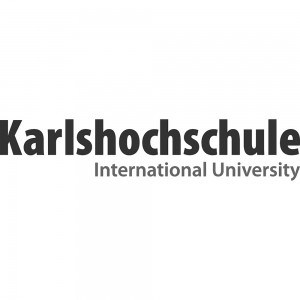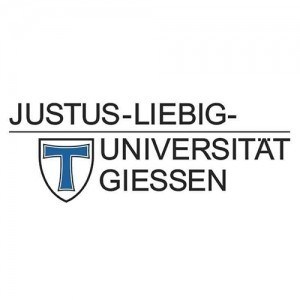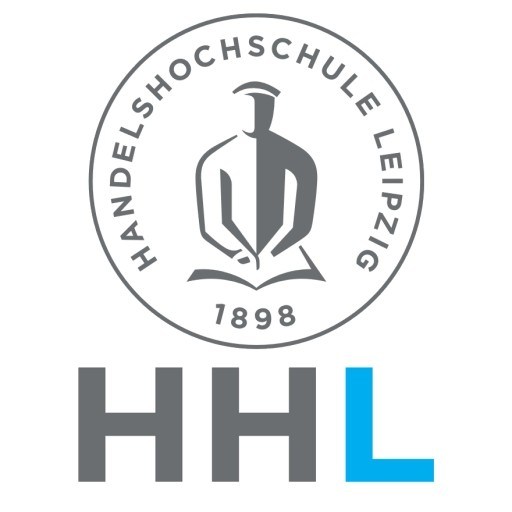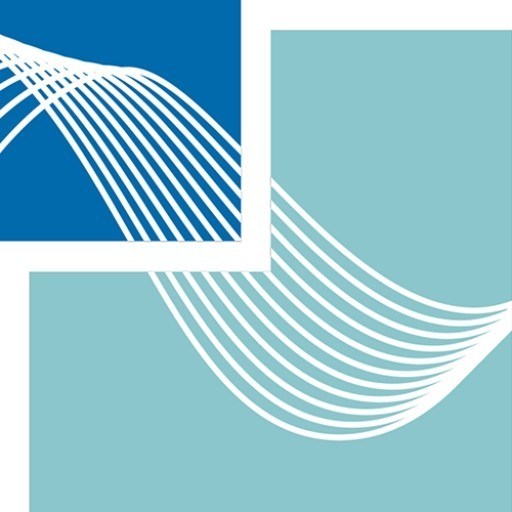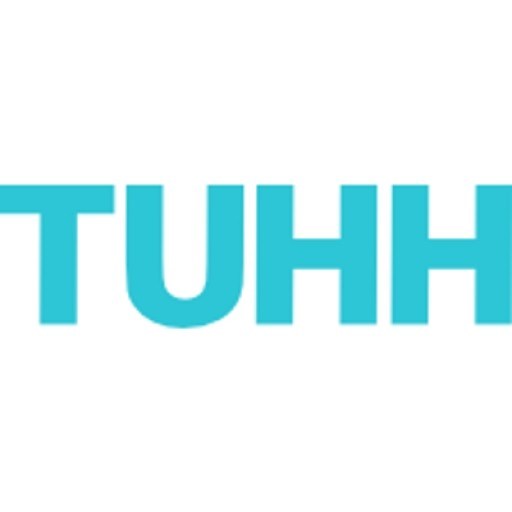Photos of university / #karlshochschule
Management at Karlshochschule International University is a comprehensive undergraduate program designed to equip students with the essential skills and knowledge required to excel in diverse business environments. This programme emphasizes a practical, hands-on approach to learning, combining theoretical foundations with real-world applications. Students will explore core areas such as strategic management, organizational behavior, marketing, finance, and entrepreneurship, enabling them to understand how various business functions interconnect and operate effectively. The curriculum is tailored to foster critical thinking, leadership abilities, and innovative problem-solving skills, preparing graduates to assume managerial roles across global industries.
Throughout the course, students participate in case studies, projects, internships, and international exchanges, gaining valuable experience and insights into different cultural and business contexts. The program also focuses on developing entrepreneurial spirit and creative thinking, encouraging students to identify opportunities and create sustainable business solutions. With small class sizes and personalized mentorship from experienced faculty, learners receive dedicated support to achieve their academic and career objectives.
Furthermore, the Management program at Karlshochschule emphasizes internationalization and multiculturalism, reflecting the university’s commitment to providing a global perspective. Languages of instruction include English, attracting students from around the world and promoting intercultural competence. Upon graduation, students will be well-prepared to pursue careers in management, consulting, marketing, finance, or to start their own business ventures. The program also lays a strong foundation for those interested in pursuing postgraduate studies or specializations in related fields. Overall, Management at Karlshochschule offers a dynamic and enriching educational environment designed to foster future business leaders who are adaptable, innovative, and socially responsible, ready to meet the challenges of the modern global economy.
Educational organisation
Regardless of the two areas in which you decide to specialise, the management modules and personal skills are mandatory components of the Master's programme. In the first semester, you will refine and deepen previously acquired knowledge. In the second semester, you will be confronted with the political (strategic and tactical) levels of management in various arenas. In the third semester, you will learn to deal with complexity by assuming responsibility and developing both intuition and the ability to improvise.
You will decide on your two core areas at the beginning of the first semester, choosing from among eight possible pillars. Each semester has an overlapping focus with respect to content.
For further information, see the programme website.
Study abroad unit(s)
Spending a semester abroad is not possible for this programme. It is of high priority to the university to guarantee not only the highest quality of education within modules, but also a perfect interconnection in between module contents in order to achieve the best possible learning results and to foster strong coherence within the group as well as mutual inspiration of students.
Internships
Any module content is reflected and re-worked on the basis of case studies. These case studies can derive from exhaustive online research but are mostly determined by the variety of practical experiences of our professors and lecturers and frequently deepened by the inclusion of external lecturers from the field. Apart from this, regular excursions and practical projects are part of most of the modules at Karlshochschule. Particularly in this Master's programme, the EduTour in the second and the Innovation Project in the third semester represent the practical outreach as inherent part of the studies.
Forms of assessment
The forms of course-related assessment are written assignment, seminar paper, essay, learner's portfolio, simulation, presentation, project, written exam, oral exam, case study and field study.
Other forms of course-related assessment are permitted with the approval of the Examinations Committee. They must be announced publicly within the university, specifying the evaluation criteria and the prescribed time period, before the beginning of the semester.
Course objectives
The objective of the Master's Programme in Management is the acquisition of the qualification to take on responsibility competently and in an ethically reflected manner, building on knowledge acquired during the Bachelor's programme. This includes being able to take on responsibility in unfamiliar, ambiguous, conflictual, and complex leadership and decision-making situations in companies and non-profit organisations.
On the basis of this, successful graduates are able to connect their knowledge and skills in the field of general and transformative management with the specialisations they have selected, to continue autonomously to extend their knowledge and skills and independently develop, communicate and implement ideas, obtaining acceptance of these ideas and thus shaping and changing the task area they have been assigned (and, beyond this, shaping and changing the entire organisation and its environment).
An integral part of this objective is the acquisition of the competence to autonomously conduct research projects, in accordance with state-of-the-art research approaches.
Graduates are thus able to perform a sound analysis and evaluation of complex leadership and decision-making situations by applying scientific theories and methods (in particular from the field of cultural sciences).
Language requirements
- English: level C1 or above according to the Common European Framework of Reference for Languages (CEFR) or
- IELTS of 6.5 or above or
- Internet-based TOEFL score of at least 100 points
Academic requirements
As we strongly believe in interdisciplinary learning the programme is open to students who have completed their undergraduate studies in business administration, economics or any related field of study (e.g. social and cultural sciences, the humanities, art and design etc.).
Please find further information on the admission process and documents to be submitted on our website.
Enrolment fees
All students pay 68 EUR per semester to the Karlsruhe Student Union.
Costs of living
Rent at a hall of residence or shared flat: 260-350 EUR
Health insurance: 65 EUR
Food: 160 EUR
Miscellaneous (books, computer, leisure, etc.): at least 120 EUR
Job opportunities
With our Career Service, Karlshochschule offers consultation and mediation support for our students. We maintain strong connections with a variety of companies and institutions in the area and are thus happy to help in finding job placements and through application and interview training.
Arrival support
- All visiting students have a student adviser (a Karlshochschule student) who helps to make sure that they quickly feel at home here, by picking them up from the train station when they arrive and showing them around the city later on
- Advice on accommodation for students
- Assistance with necessary tasks as student visas, residence permits, registering in the city, selecting health insurance, and opening a bank account
- Introduction days at the beginning of the study programme
Services and support for international students
Every year, Karlshochschule International University welcomes students from all over the world to Karlsruhe. However, it is not only our students that shape university life, it is also our employees, who come from China, Egypt, France, Great Britain, Germany, Ireland, Mexico, Russia, Singapore, Spain and Turkey - making us an international and open-minded university!
Integrating and supporting our students is our top priority. This involves close contact with professors as well as a service-oriented, accessible administration and academic offices.
We offer:
- Programmes instructed in English
- German and English language courses at different levels
- German culture classes
- Academic counselling
- Counselling on financing and scholarship programmes
- Counselling on internship applications
- Open-door policy of professors
- Assistance with application procedure
- Online platform for international students
- Advice on accommodation for students
- Assistance with student visas and residence permits
- Assistance with practical matters and organisation of leisure activities by the International Office and student advisers
- Introduction days at the beginning of the study programme
- Excursions and extra activities with professors
- Specific events and excursions for international students, e.g. to Heidelberg, Strasbourg or Berlin
- Pick-up service from Karlsruhe train station
Accommodation
In Germany, students stay in rooms in a student residence, in a shared apartment or with their families. The International Office helps exchange and visiting students to find a room. With the letter of acceptance, you will receive an accommodation sheet which you must fill in and send back to us. We recommend that you start looking for accommodation as early as possible because the housing market in Karlsruhe is fairly tight. You should join our Karlshochschule Facebook group "Wohnungsbörse an der Karlshochschule".
For the first few nights, you might not be able to move into your room. In this case, we recommend that you stay at a youth hostel.
For international applicants, a limited number of spaces in our EduPartment - a residential home dedicated to students of Karlshochschule - are available.
